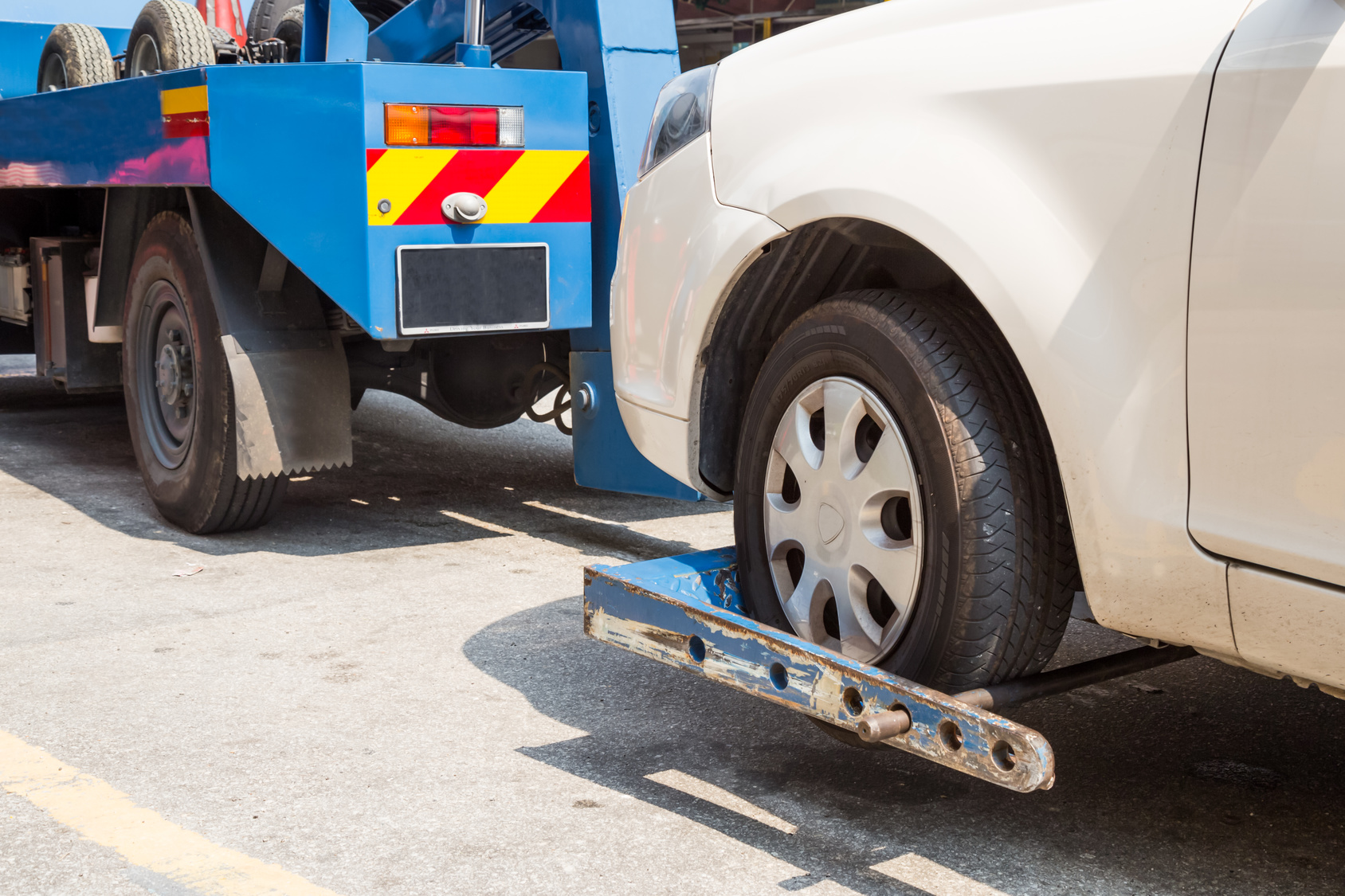
Find the Best Insurance Deals!
What Driverless Cars Mean for the Auto Insurance Industry

For decades, car drivers have awaited the much-anticipated “driverless” function that would allow them to act as a relatively hands-free passenger in their own vehicle. While auto pilot functions already exist in some Tesla vehicles, the driverless vehicles like Google’s pod car have just been showcased as the solution to this completely hands-free desire.
This brilliant technological advancement, while a dream-come-true to many, brings up a slew of excellent questions when it comes to responsibility and auto insurance coverage.
The most important questions
If a program is driving the car, is the individual behind the wheel still responsible in the case of an accident?
Should the individual in the vehicle still be insured or should the program operating the vehicle?
Furthermore, could these vehicles eliminate the need for auto insurance all together with the diminishing of accidents caused by human error?
These questions are throwing the auto industry into a frenzy.
Who will need insurance?
If the car is operating on its own, does the operating system, and therefore the manufacturer responsible, need to be insured in case of an accident?
Many would say yes, including Santa Clara University law professor, Robert Peterson who insists “there wouldn’t be any liability on you, because you’re just like a passenger in a taxi”. This idea sounds like a relief for many Americans who are paying through the roof for auto insurance and constantly comparing auto insurance quotes online to attain some reprieve.
Unfortunately, it seems that the idea of foregoing auto insurance all-together may never become a reality for many Americans.
Firstly, this new Google pod car isn’t exactly 100% driverless just yet. Currently, Google has cited occasions during test-drives where the car experiences necessary “disengagements” from its self-driving mode. This means the driver must assume hands-on, manual control over the vehicle for safety reasons. This occurrence of “disengagement” is a major head-scratcher for the auto insurance industry, as it blurs the line of responsibility between the human operator and the operating system.
Currently, 90% of auto accidents are said to be caused by human/driver error. A car that eliminates even part of the room for human error may reduce the amount of accidents and auto insurance deductibles a year, but would not eliminate the need for a human to be insured, as the human would still be able to take control of the vehicle and may often be required to. These cars may, however, prompt the same big companies developing these new vehicles, like Google, to sell their own auto insurance to consumers.
It makes sense that if the car is making the majority of the driving decisions that it assumes the majority of the responsibility, right? Well, if the car’s computer can detect that the accident occurred as a result of “human error”, the “driver” may still be liable and responsible in the case of an accident. Therefore, disengagements from the driverless car’s self-driving mode, like in the case of the Google pod, still leaves a burden of responsibility on the driver, meaning it may be too soon to forego your endless search for affordable auto insurance online.
What can you expect?
There may be some light at the end of the tunnel though, as many in the auto insurance industry foresee a reduction in insurance premiums for those who drive the “safer” driverless vehicles, as there will likely be less accidents.
Unfortunately, others in the auto insurance industry anticipate much higher premiums for all drivers on the road due to the expensive equipment that would be very expensive to replace after auto accidents involving these new “smart” vehicles.







